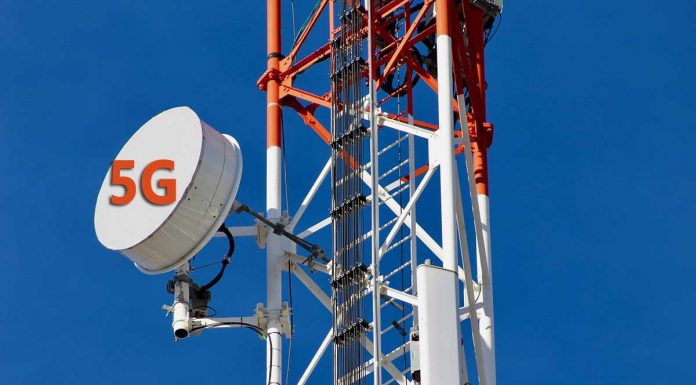In a bid to move the next generation growth initiatives via digitisation to maintain economic recovery, the Union government is putting impetus on policies like licencing framework, spectrum management and broadband that are set to strengthen digital infrastructure in the country, a T K Paul, Member (Technology), Department of Telecom (DoT), said.
Paul, who was speaking at a virtual event organised by Broadband India Forum (BIF), said, “(The) government is looking at a series of policy initiatives to propel India to this path of growth of digital infrastructure and the digital economy as a whole.”
According to the top techie, telecom and IT industries have achieved a level of maturity and built capabilities for business, technology, innovations and an appetite for startups. “This involves having a fresh look at issues, be it a licensing and legislative framework, spectrum management, new technology and innovations, broadband infrastructure, ease of doing business, manufacturing, and research and development,” Paul said.
Paul while commending the key digital initiatives in India said that the country was rapidly building its digital infrastructure in a holistic manner. “We shall continue to strive to provide an enabling and progressive policy environment for the digital communications sector to continue to thrive and add value to the nation's economy and socio-economic prosperity,” Paul said.
While outlining the contribution of key initiatives such as the JAM trinity (Jan-Dhan, Aadhaar and Mobile), UPI and broadband-related policies in driving such growth, paul said, “For manufacturing too, the DoT's Production Linked Incentive (PLI) scheme of Rs 12,195 crore for local production of telecom equipment would provide a boost to the domestic manufacturing ecosystem, while also strengthening our position in the global supply chain through export opportunities.”
At present, the Telecom companies are adopting new and emerging technologies like virtualisation, the intern of things (IoT), artificial intelligence (AI), and blockchain, and all these are likely to play a significant role in automating networks.
These new-age technologies along with the introduction of the much-awaited 5G, would enable faster internet speeds, new applications and numerous machine-to-machine conversations, Paul noted.











